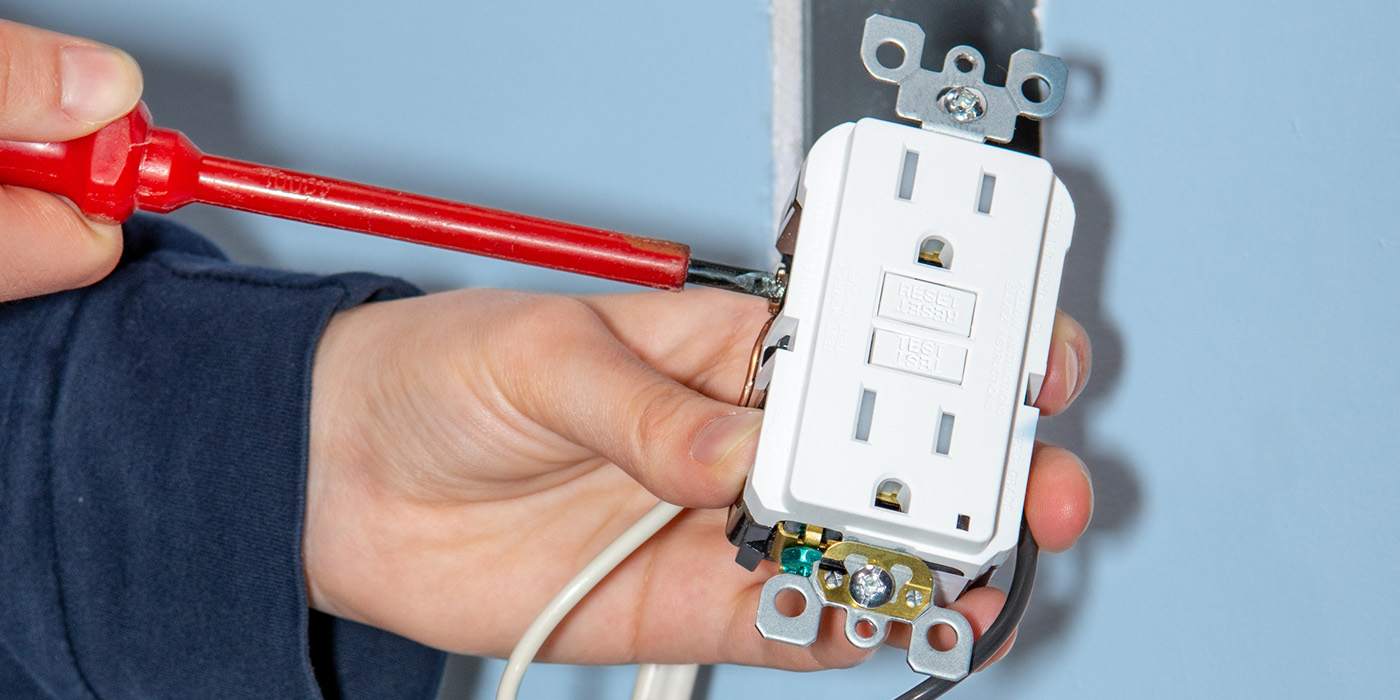
Electrical work has some of the best opportunities for career stability, especially for residential technicians. If you want to start a career in electrical work, this 100% online electrician course will prepare you for an entry-level residential electrician apprenticeship.
Prerequisite: There are no prerequisites to take this course.
Location | Day(s) | Price | |
|
|
| Register |
Residential Electrician FAQs
While residential electricians and electrical technicians both deal with electrical systems, the nature of their work is different. Residential electricians install, maintain, troubleshoot, and repair the wiring in buildings, whether that be residential homes, offices, or commercial properties. On the other hand, electrical technicians work on electrical systems within machinery, specialty equipment and other commonly used devices.
The biggest reason for job growth in the electrical field is construction. In the U.S., the population will grow by 2 million people per year until 2030, which will mean more construction jobs.
When it comes to construction, electrical workers are the first to install electrical systems. Infrastructure development also comes with new residential and commercial projects. Older buildings need to be retrofitted with technology and alternative energy sources.
Licensing in the electrical field differs from state to state. Generally, the licensing process for electricians starts with apprenticeship (2-4 years), journeyman (5-6 years), and master electrician. This residential electrician course will prepare you for an apprentice-level job. Getting your electrician education is the first step to getting licensed.
Please click here to see the curriculum outline, price, course details, and frequently asked questions.